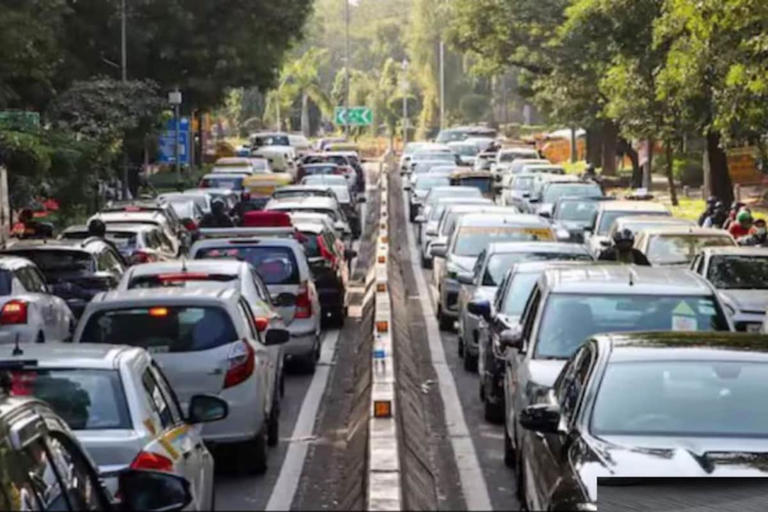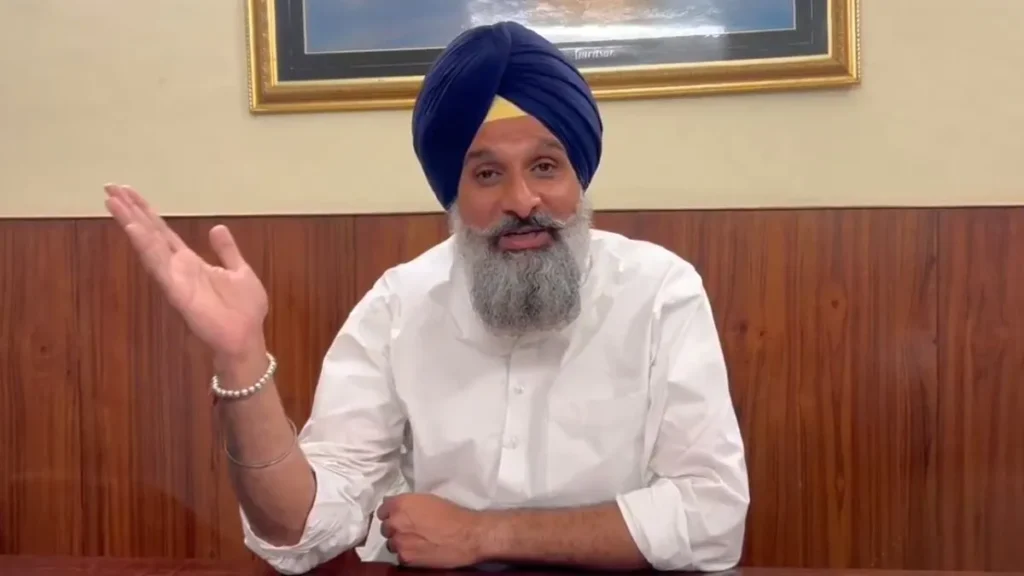“Fuel On!” Tech Glitches & Public Rage Force Repeal of End-of-Life Vehicle Ban
In a significant policy reversal, the Delhi government has officially withdrawn its order restricting fuel supply to “end-of-life” (ELV) vehicles—diesel vehicles older than 10 years and petrol vehicles older than 15 years. The decision, made public on July 3, 2025, follows widespread public backlash, technological failures, and concerns about the practicality of implementation within the National Capital Region (NCR).
The ban was initially announced as part of Delhi’s anti-pollution roadmap under the Commission for Air Quality Management’s (CAQM) Direction No. 89. However, Delhi’s Environment Minister Manjinder Singh Sirsa confirmed that the plan had been put on hold due to critical technical shortcomings and enforcement gaps.
“Implementation isn’t feasible at this stage. ANPR cameras are malfunctioning, many petrol pumps lack working sensors, and number plate reading failures are common,” Sirsa stated.
Delhi Environment Minister Manjinder Singh Sirsa writes to the Commission for Air Quality Management to place on hold the enforcement of Direction No. 89, which mandates the denial of fuel to End-of-Life (EOL) vehicles in Delhi
— ANI (@ANI) July 3, 2025
"We urge the Commission to put the implementation… pic.twitter.com/mgg1Ymdaes
The Automatic Number Plate Recognition (ANPR) system—central to enforcing the ban by identifying ineligible vehicles at fuel stations—reportedly failed to work efficiently. Additionally, many High Security Registration Plates (HSRPs) were unreadable, particularly on two-wheelers and older cars.
PUBLIC UPROAR & NCR ESCAPE: 80% Oppose Ban, Drivers Flee to Gurugram
The withdrawal comes amid heavy criticism from the public, particularly from middle-class commuters, small business owners, and residents still dependent on older, yet roadworthy vehicles. According to a LocalCircles survey, nearly 80% of respondents opposed the ban, citing financial strain and insufficient public transport alternatives.
Adding to the complications, vehicle owners could easily circumvent the ban by refueling in neighboring NCR cities like Gurugram, Noida, or Faridabad. “Such a move would only penalize Delhi fuel stations, not polluting vehicles,” a senior transport official noted.
The Delhi government also formally requested the CAQM to suspend the fuel supply ban until seamless ANPR integration is achieved across all NCR regions. Without coordination with neighboring states, enforcing a localized fuel restriction would remain ineffective and fragmented.
Meanwhile, Sirsa has indicated the government will shift focus to stricter vehicle fitness enforcement and a revamped Pollution Under Control (PUC) certification regime, rather than imposing blanket bans on all older vehicles. “We are not against older vehicles per se—we are against unfit, polluting ones,” he clarified.
AAP leader Atishi, who previously served as Delhi’s Environment Minister, criticized the original ban as a “Tughlaqi farman” that ignored on-ground realities. She emphasized that millions of residents rely on older vehicles for their daily livelihood and mobility.
With the ban on hold, the Delhi government is now expected to re-evaluate its air quality strategy, focusing on technological upgrades, inter-state coordination, and equity-driven policy design for sustainable environmental enforcement.





















